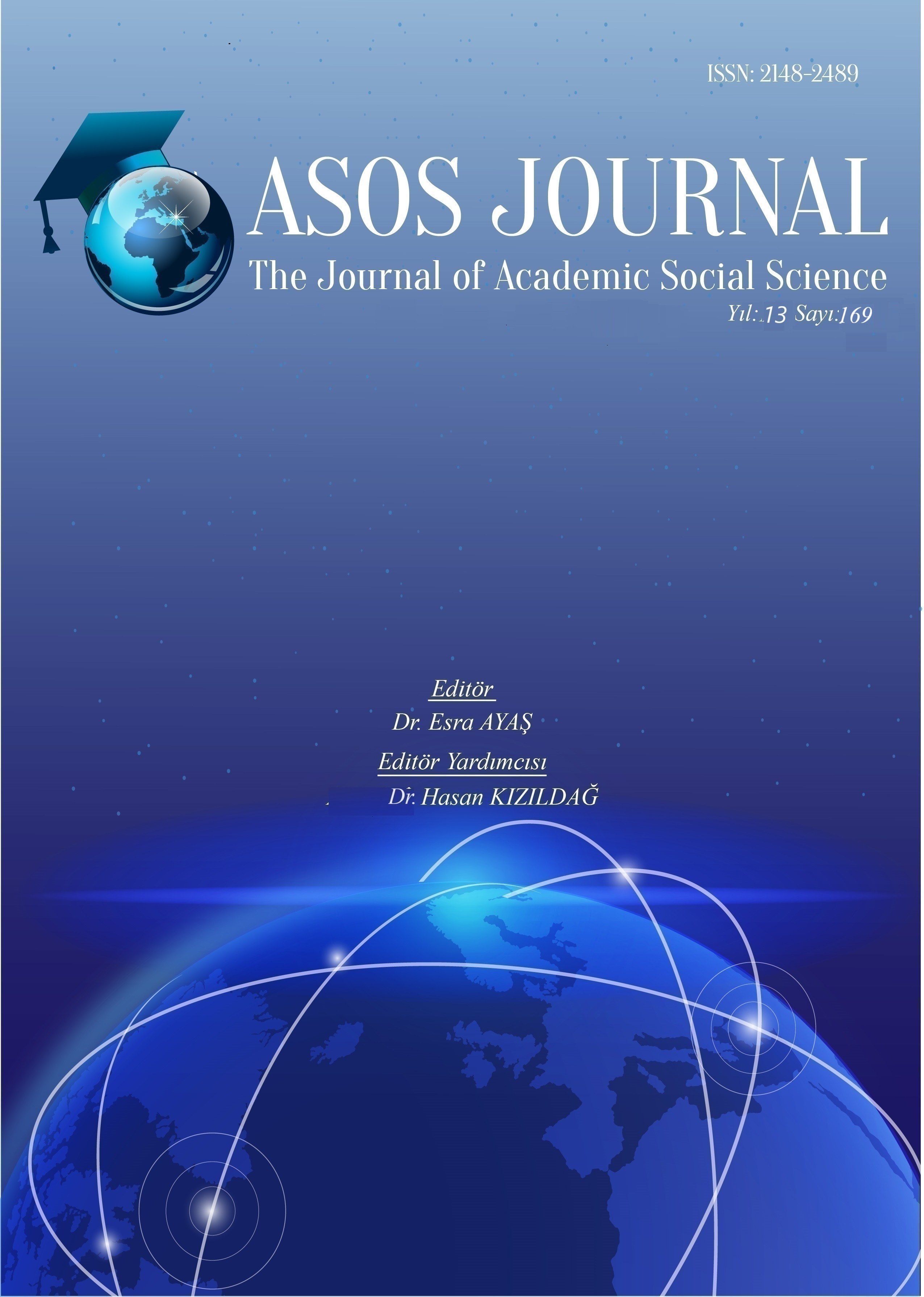TEKNOLOJİK DÖNÜŞÜM TURİZM SEKTÖRÜNDE İSTİHDAMI NASIL ŞEKİLLENDİRİYOR? KONAKLAMA VE YİYECEK İÇECEK SEKTÖRÜ ÜZERİNDEN BİR ANALİZ
Author :
Abstract
Bu çalışma, 2014-2024 yılları arasında turizm sektöründe önemli bir paya sahip olan konaklama ve yiyecek içecek hizmetleri sektöründeki otomasyon ve dijitalleşmenin istihdam yapısı üzerindeki etkisini incelemeyi amaçlamaktadır. Araştırmada, Türkiye İstatistik Kurumu (TÜİK) tarafından yayınlanan “İşgücü İstatistikleri” veri seti kullanılmıştır. Veri seti istihdam esnekliği, meslek grupları (ISCO-08), eğitim durumu, cinsiyet gibi değişkenlerin yıllara göre dağılımını içermektedir. Elde edilen bulgular, Tableau yazılımı kullanılarak görselleştirilmiştir. Çalışmada nicel analiz yöntemlerinden yararlanılmış ve veriler betimsel istatistik tekniğiyle analiz edilmiştir. Araştırma bulgularına göre, GSYH’deki %1’lik artışın istihdamı %0,83 oranında etkilediği bulunmuştur. Bu sonuç, otomasyonun istihdam üzerindeki etkisinin sınırlı olduğunu göstermektedir. Öte yandan, istihdam edilenlerin eğitim düzeyi yükselmiş, özellikle yeni teknolojilerin benimsenmesiyle teknik mesleklerde istihdam önemli ölçüde artmıştır. Kadın istihdamındaki artışın büyük kısmı, nitelik gerektirmeyen işler ile hizmet ve satış mesleğinde gerçekleşmiştir. Dijitalleşme profesyonel meslekler, yöneticiler, hizmet ve satış elemanlarının istihdamını etkilemiştir. Çalışma, teknolojik dönüşümün konaklama ve yiyecek hizmetleri sektöründeki istihdam yapısını nasıl değiştirdiğini sistematik olarak göstermektedir.
Keywords
Abstract
This study aims to examine the impact of automation and digitalization on the employment structure in the accommodation and food services sector, which has a significant share in the tourism sector between 2014 and 2024. The “Labor Force Statistics” dataset published by the Turkish Statistical Institute (TÜİK) was used in the research. The dataset includes the distribution of variables such as employment flexibility, occupational groups (ISCO-08), educational status, and gender over the years. The findings were visualized using Tableau software. The study utilized quantitative analysis methods, and the data were analyzed using descriptive statistical techniques. According to research findings, a 1% increase in GDP has been found to affect employment by 0.83%. This result shows that the impact of automation on employment is limited. On the other hand, the educational level of those employed has increased, and employment in technical professions has increased significantly, especially with the adoption of new technologies. The majority of the increase in female employment has occurred in unskilled jobs and in the service and sales professions. Digitalization has affected employment in professional occupations, management, and service and sales personnel. The study systematically demonstrates how technological transformation has altered the employment structure in the accommodation and food services sector.





